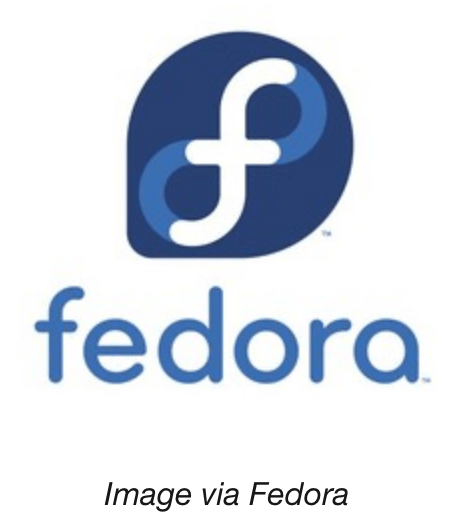Source: Notebookcheck.net

Linux distributions have slowly but steadily started dropping support for 32-bit (i686) machines, and Fedora looks to be the latest distro to shed the past. Fedora 31, set to release on October 29, will no longer support 32-bit Linux.
In a post on the Fedora Wiki, Justin Forbes (the maintainer of the Fedora kernel) said that the team behind the Linux distro would “stop producing i686 bootable images.” Forbes reasons that “most x86 hardware support 64bit (sic) these days.” Forbes also referred to the lack of community development since the release of Fedora 27, when 32-bit development was moved to a “community-supported” status.
In other words, Red Hat (who helps the development of Fedora quite a bit) hasn’t actively supported the 32-bit kernel for a few years at this point, and the community developers that said they would support the old kernel have not done so.
Forbes pointed out that the lack of support for the 32-bit kernel often causes issues to fall through the cracks until they rear their heads on 32-bit installs. These bugs then linger as developers are more focused on developing and patching 64-bit installs and libraries. Eliminating the 32-bit kernel, according to Forbes, would also eliminate these problems.
Fedora 31 won’t drop support for all 32-bit packages, though. Unlike Canonical’s decision (and subsequent reversal) to kill off all 32-bit packages, Fedora 31 will continue to support specific 32-bit libraries. This is to “ensure things like multilib, wine, and Steam will continue to work,” according to Forbes.
Users that are still running a 32-bit install of Fedora (for whatever reason) can still expect full lifecycle support for Fedora 30, which will last until May or June of 2020. At that point, official support or 32-bit hardware will end. Users running legacy hardware are being encouraged to upgrade their rigs with 64-bit compatible components so they can move from 32-bit to 64-bit Fedora. Those that are running a 32-bit install due to memory limitations are encouraged to switch to an alternative desktop spin like LXDE or to move to CentOS, which offers longer lifecycle support.



